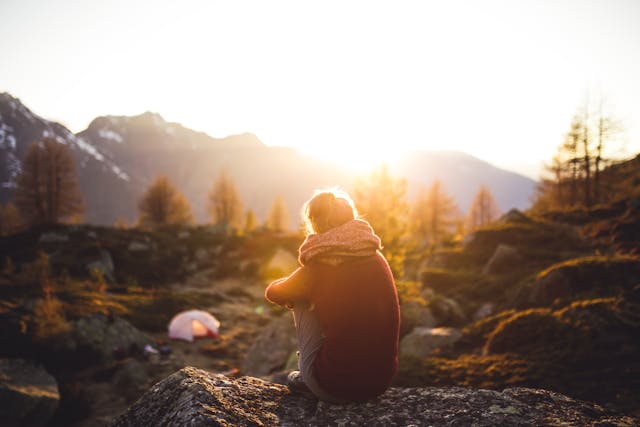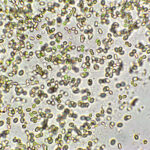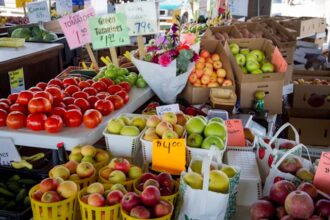Mature Australian women challenge conventional views on ageing by embarking on solo road trips, exploring their country’s vast and varied landscapes from the arid Oodnadatta Track to the lush Tasmanian wilderness. Equipped with caravans, campervans, or sturdy 4WDs and tents, these women embrace adventure, personal growth, and new opportunities. Margaret Yates, a PhD candidate at the University of Technology Sydney and a retired nurse, interviewed 29 travellers to explore their motivations and experiences. Her research, presented in the study titled “Women travelling solo or with other women across Australia: A montage of narratives,” highlights that these journeys often represent a deeper exploration into self-awareness, confidence, and taking control of one’s life, especially after years dedicated to nurturing others.
The study profiles four women in their sixties and seventies who defy societal expectations for their age group and redefine what is possible for themselves. This research forms part of Yates’s broader PhD project focusing on female’ grey nomad’ travellers’ experiences, health, and social needs. Despite some battling chronic conditions like diabetes or heart disease, these women report improved well-being, less stress, and better health, attributing these benefits to their nomadic lifestyle. Vivian*, a case study from Yates’s research, exemplifies this shift. After a transformative scuba diving experience in Far North Queensland, she sold her business and rented out her house, choosing to live on the road for the past nine years—a decision she considers the best she has ever made.
Yates points out that the decision to start anew on the road demands courage and resolve, often in the face of significant opposition from friends and family who doubt their capability to manage alone. These solo female travellers usually establish informal networks at campgrounds and rest stops, exchanging tips, sharing stories, and supporting one another. These connections enhance their sense of security and contribute to their understanding of achievement, with many women actively sharing their adventures on social media platforms.
The journey has challenges, including vehicle malfunctions, sporadic communications, and the solitude of remote locations. However, many of these women find these challenges empowering rather than discouraging. Vivian shared an instance of self-reliance when dealing with a flat tyre in a remote area, emphasizing the personal insights gained from such experiences. She has learned much about her strengths and weaknesses, viewing each obstacle as an opportunity for growth.
Yates attributes this trend among older women travellers to broader societal changes, such as increased financial independence, improved healthcare options, including telehealth, and shifting perceptions of ageing, which collectively enable these women to pursue unconventional lifestyles. The COVID-19 pandemic has also influenced many to reassess their priorities, fueling a desire for meaningful experiences over material possessions.
Aria, another traveller in her early sixties, shares her ongoing journey, which began with a plan to be away for just one year with her dog Rusty. Several years later, she continues to travel, still enamoured with the lifestyle and everything she encounters. Aria’s story, like many others, highlights the profound impact of embracing the open road—discovering the country’s hidden gems and experiencing Australia’s vast diversity and beauty firsthand.
More information: Margaret Yates et al, Women travelling solo or with other women across Australia: A montage of narratives, Journal of Women & Aging. DOI: 10.1080/08952841.2024.2431412
Journal information: Journal of Women & Aging Provided by University of Technology Sydney








